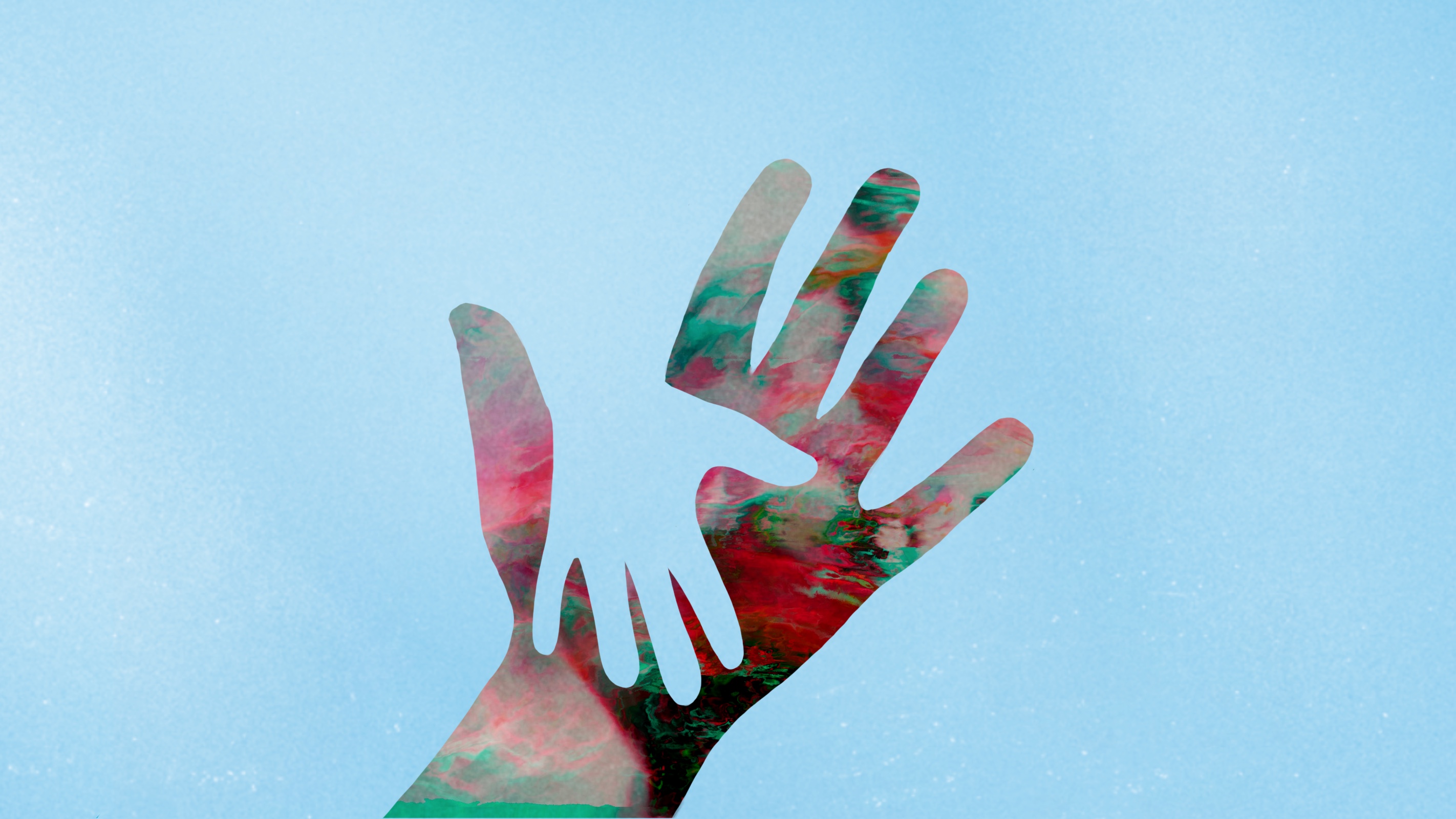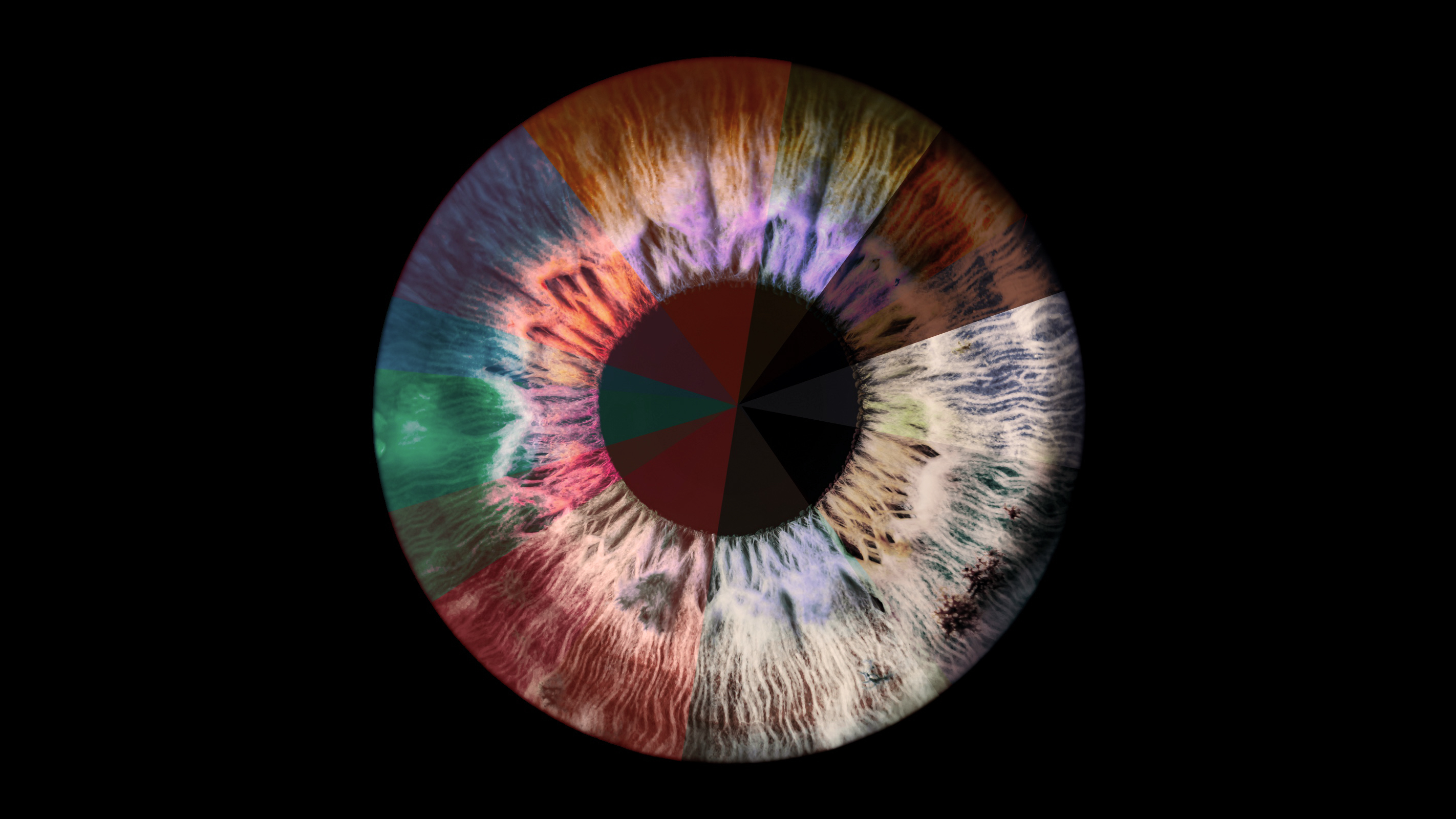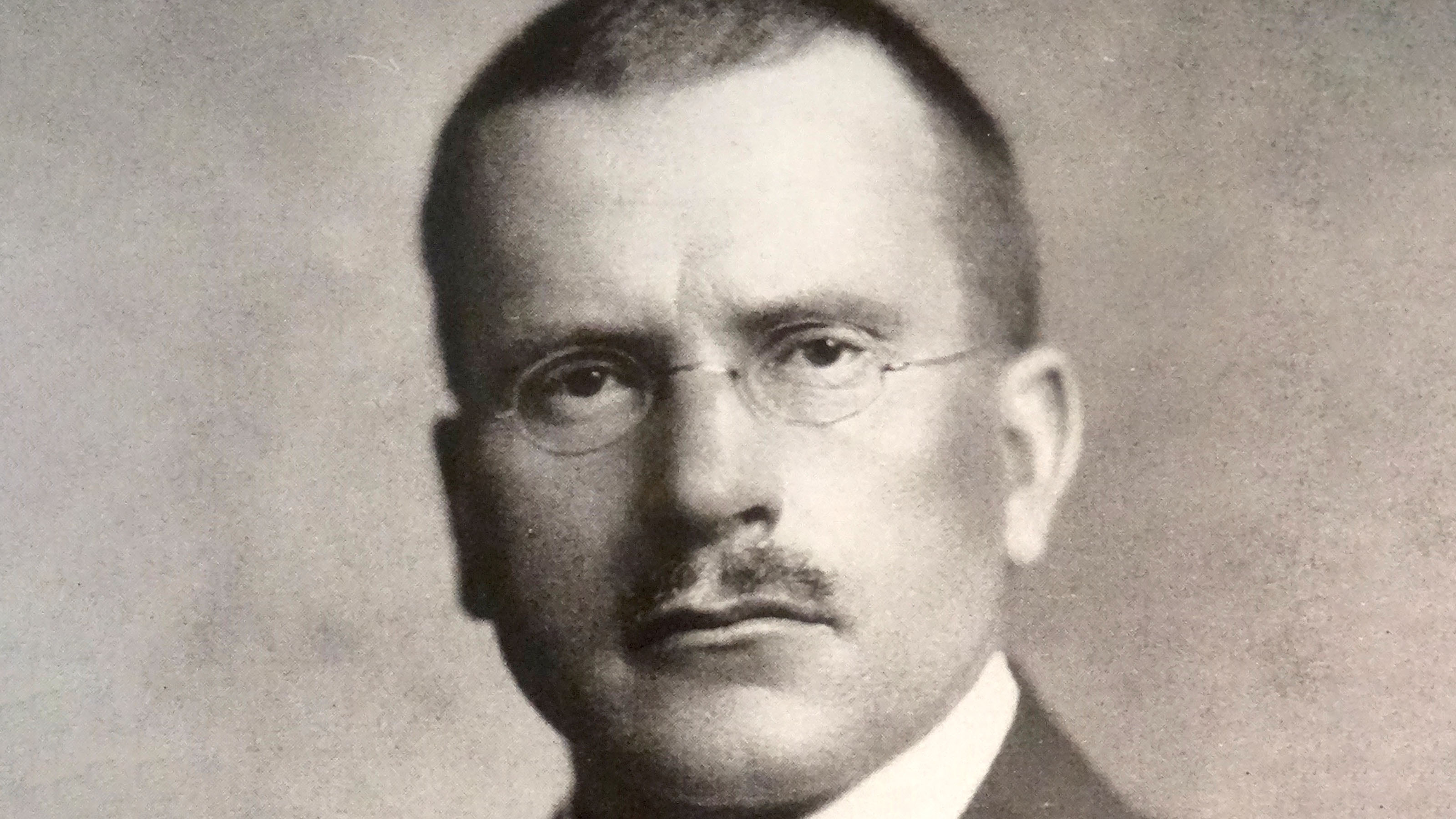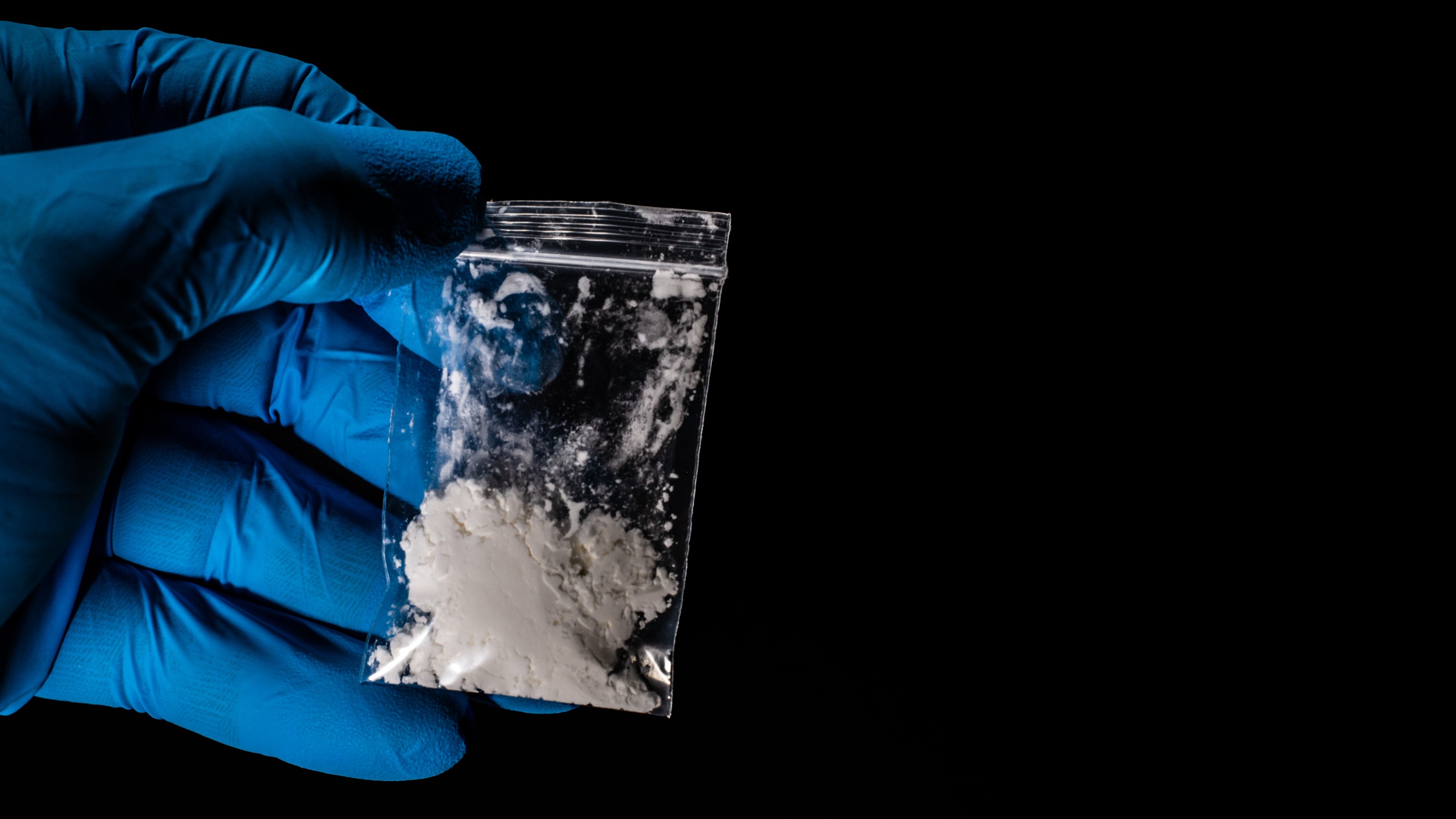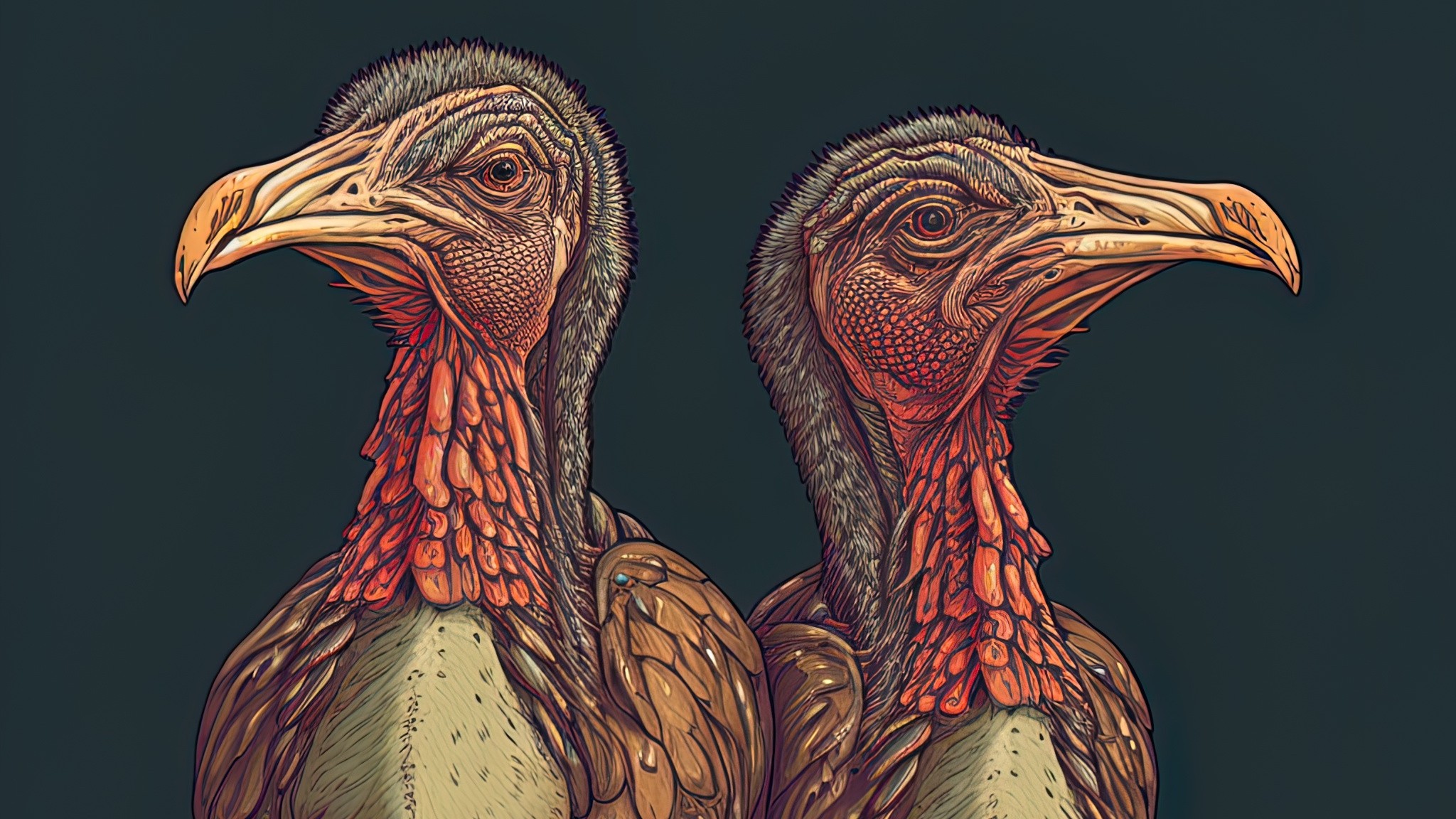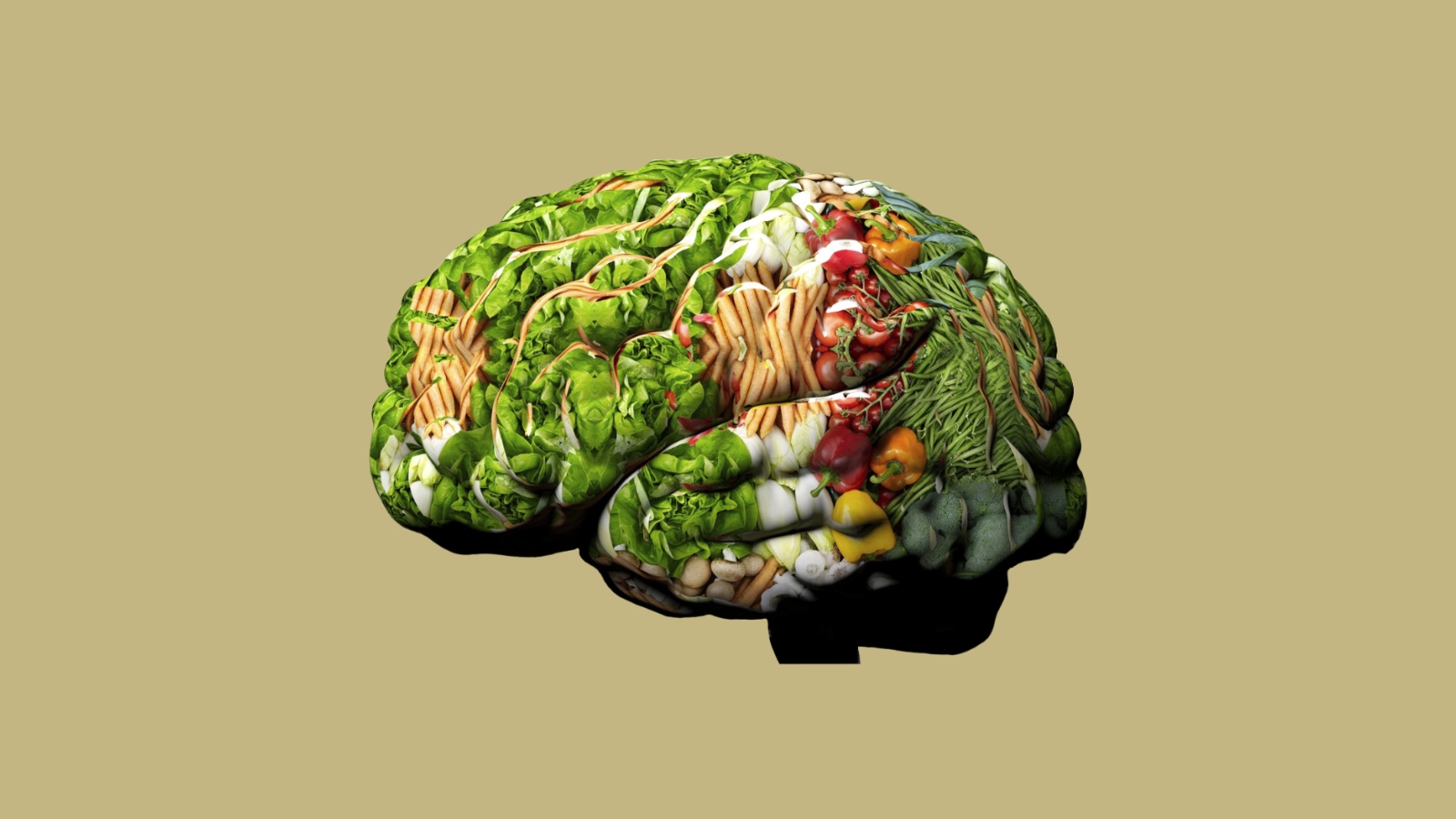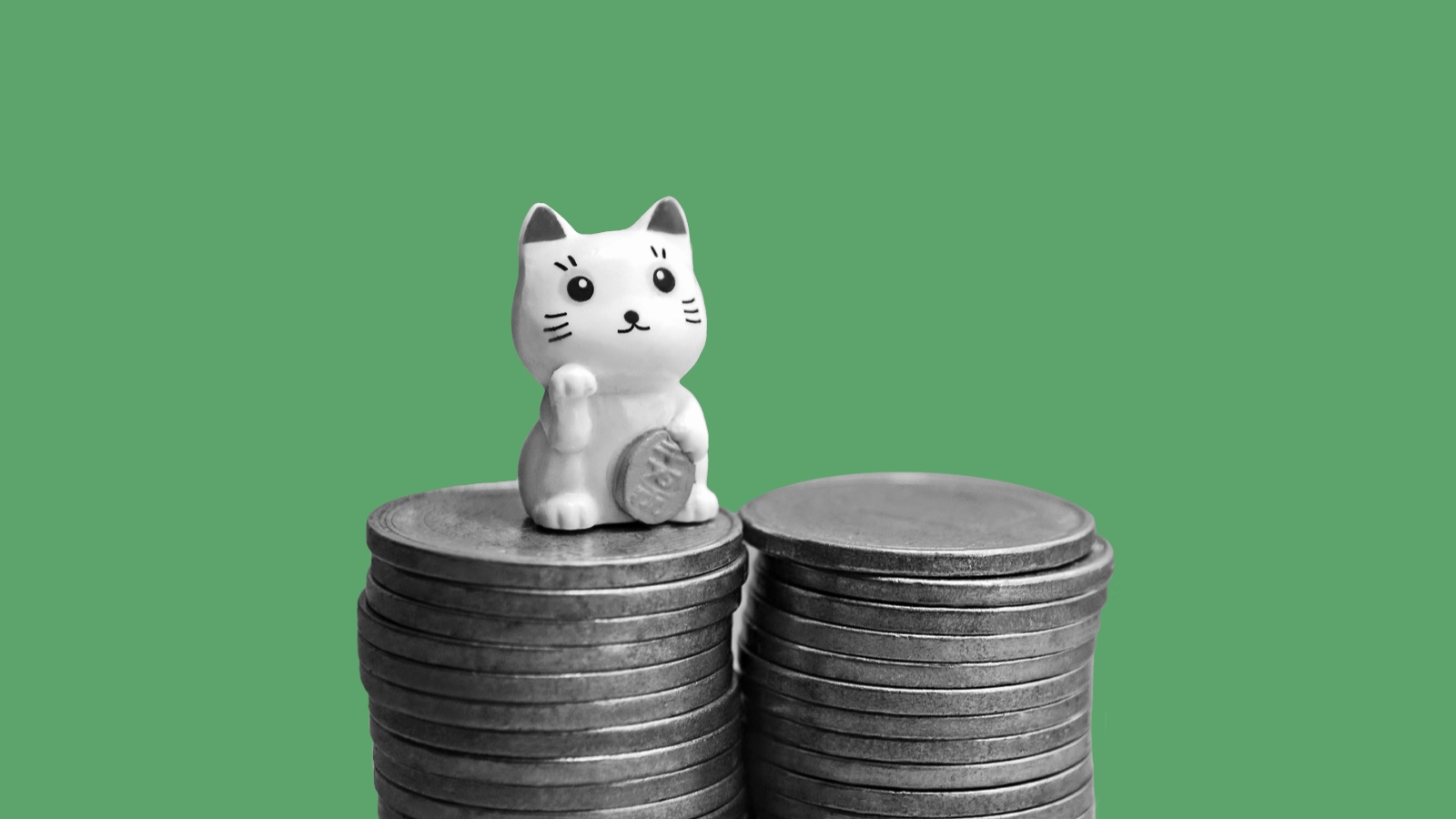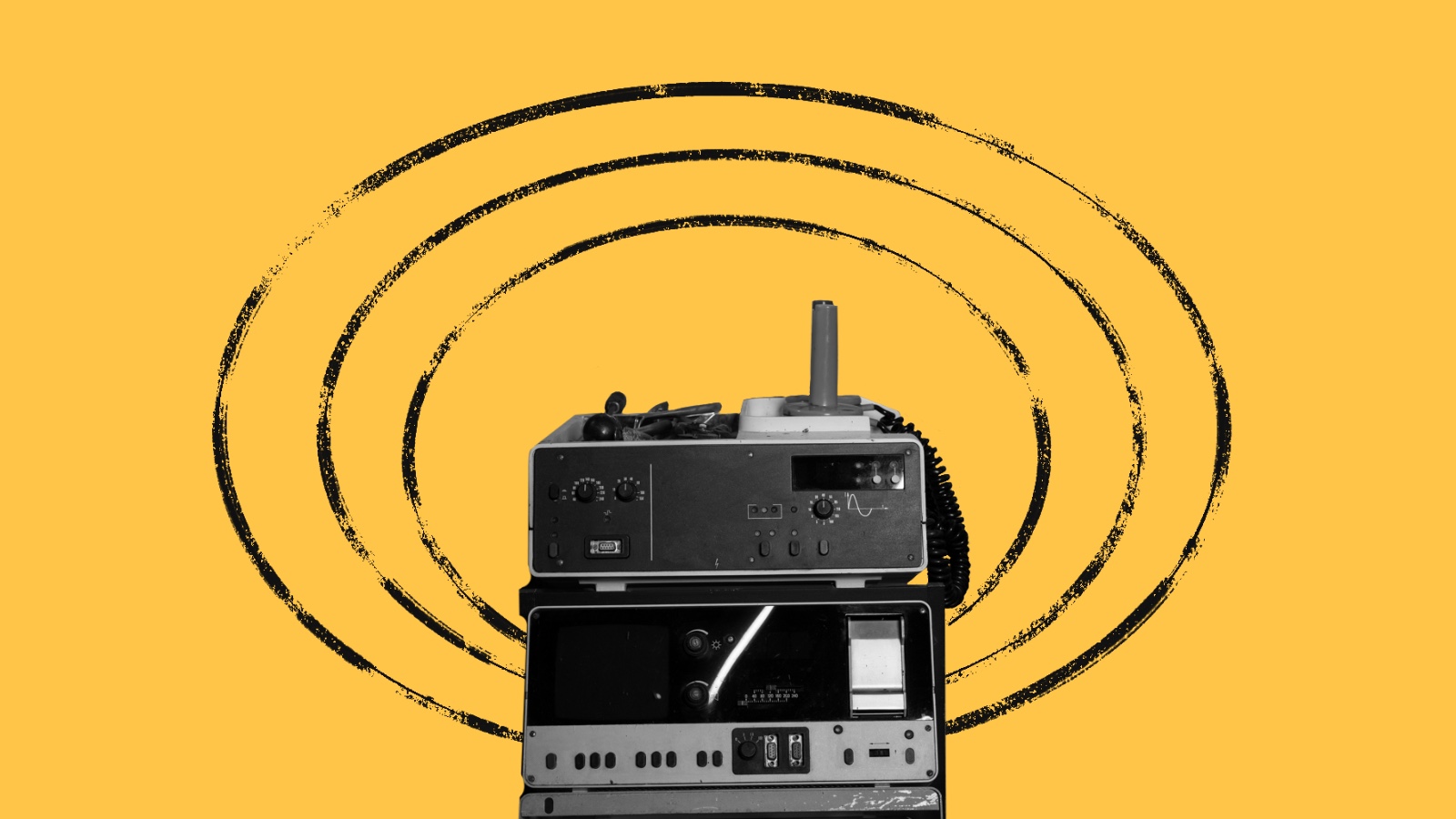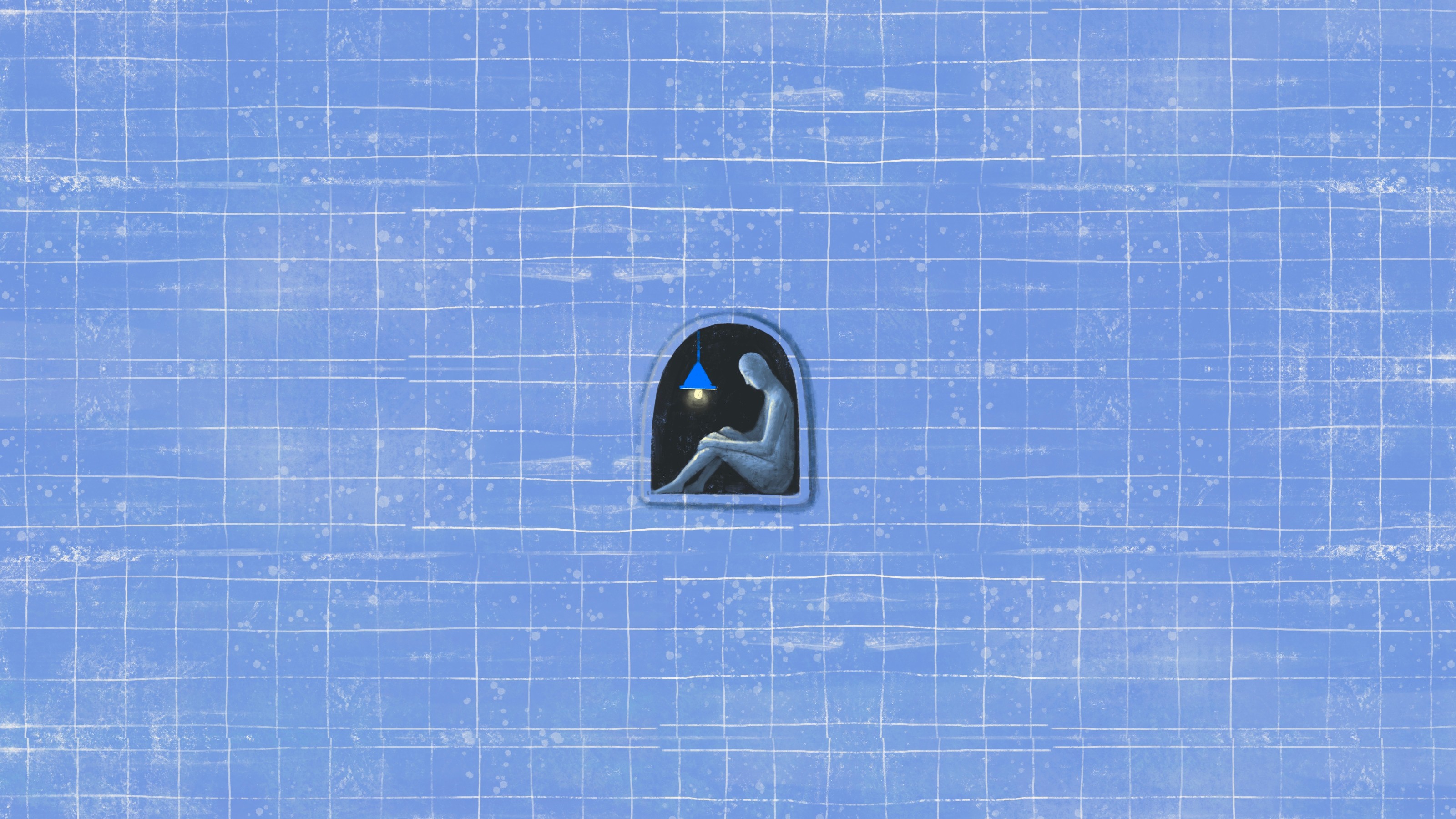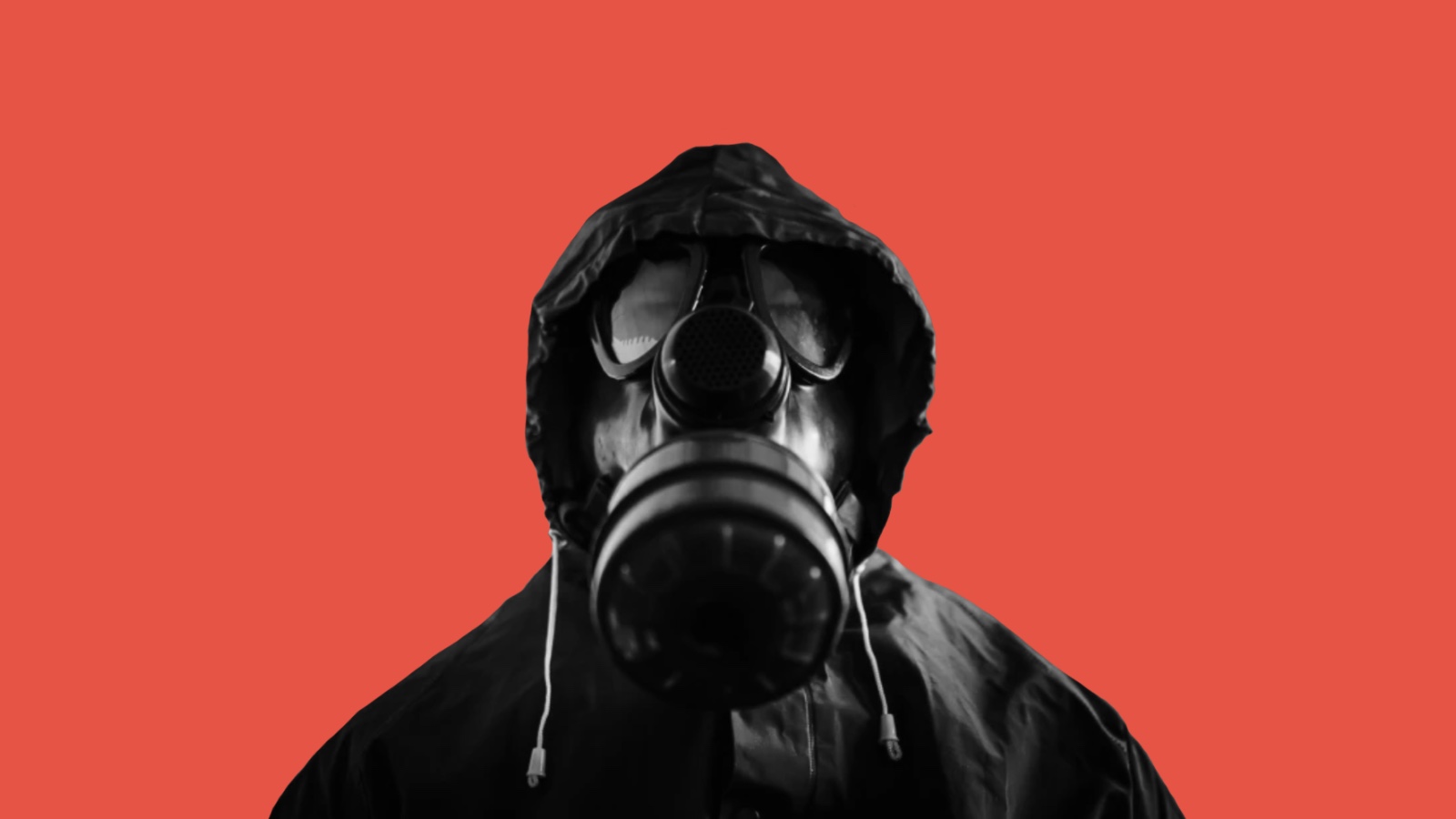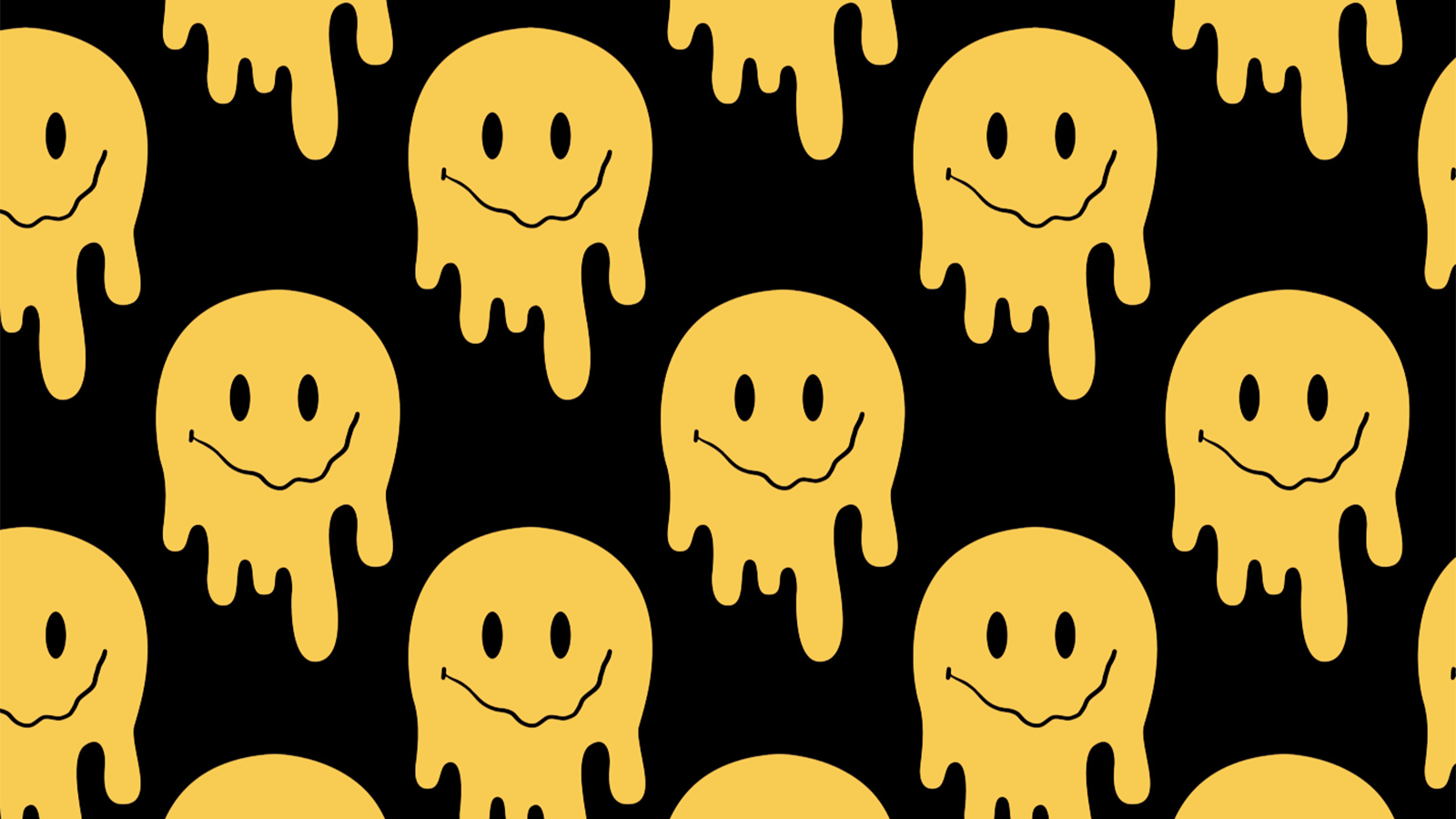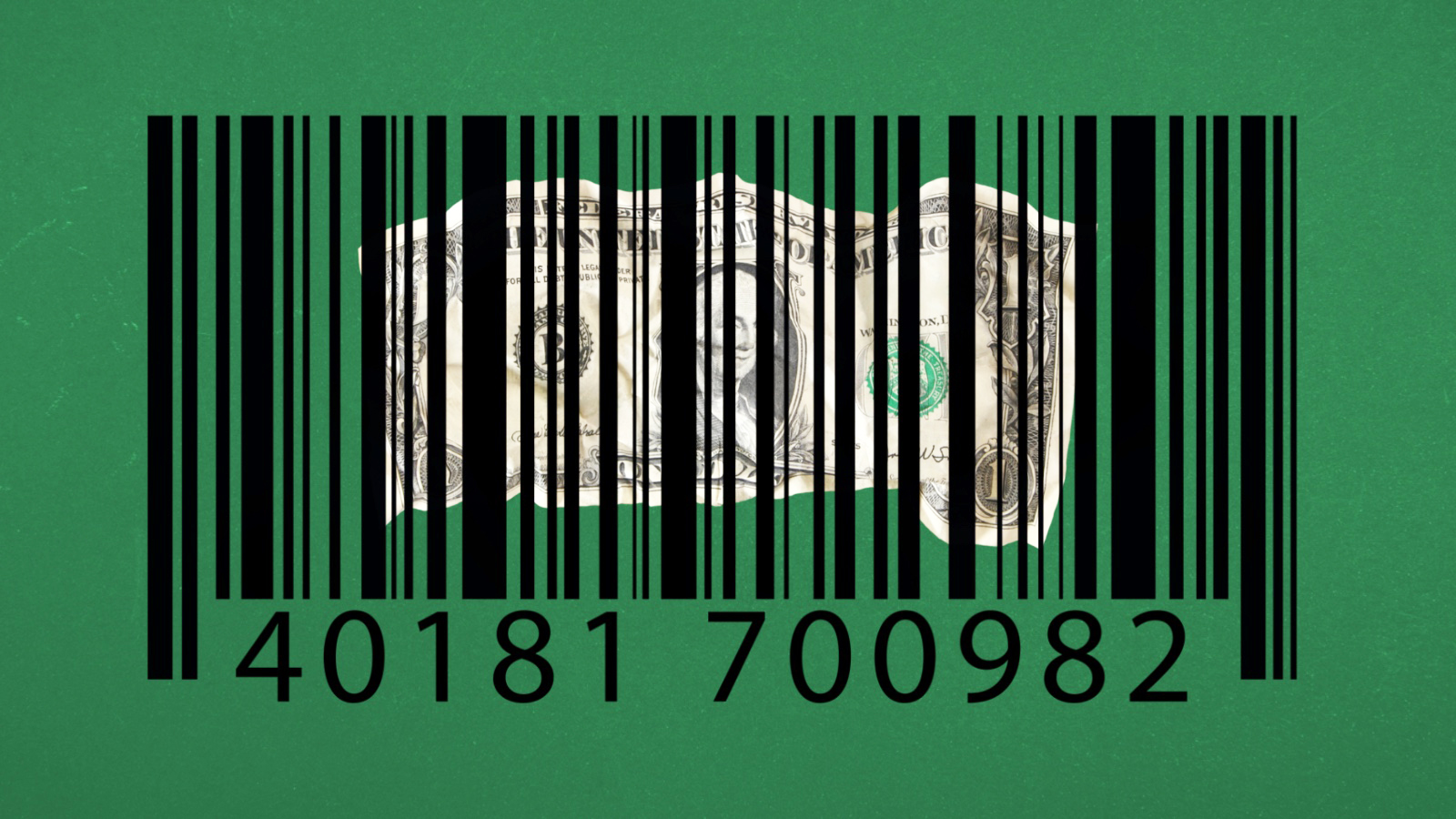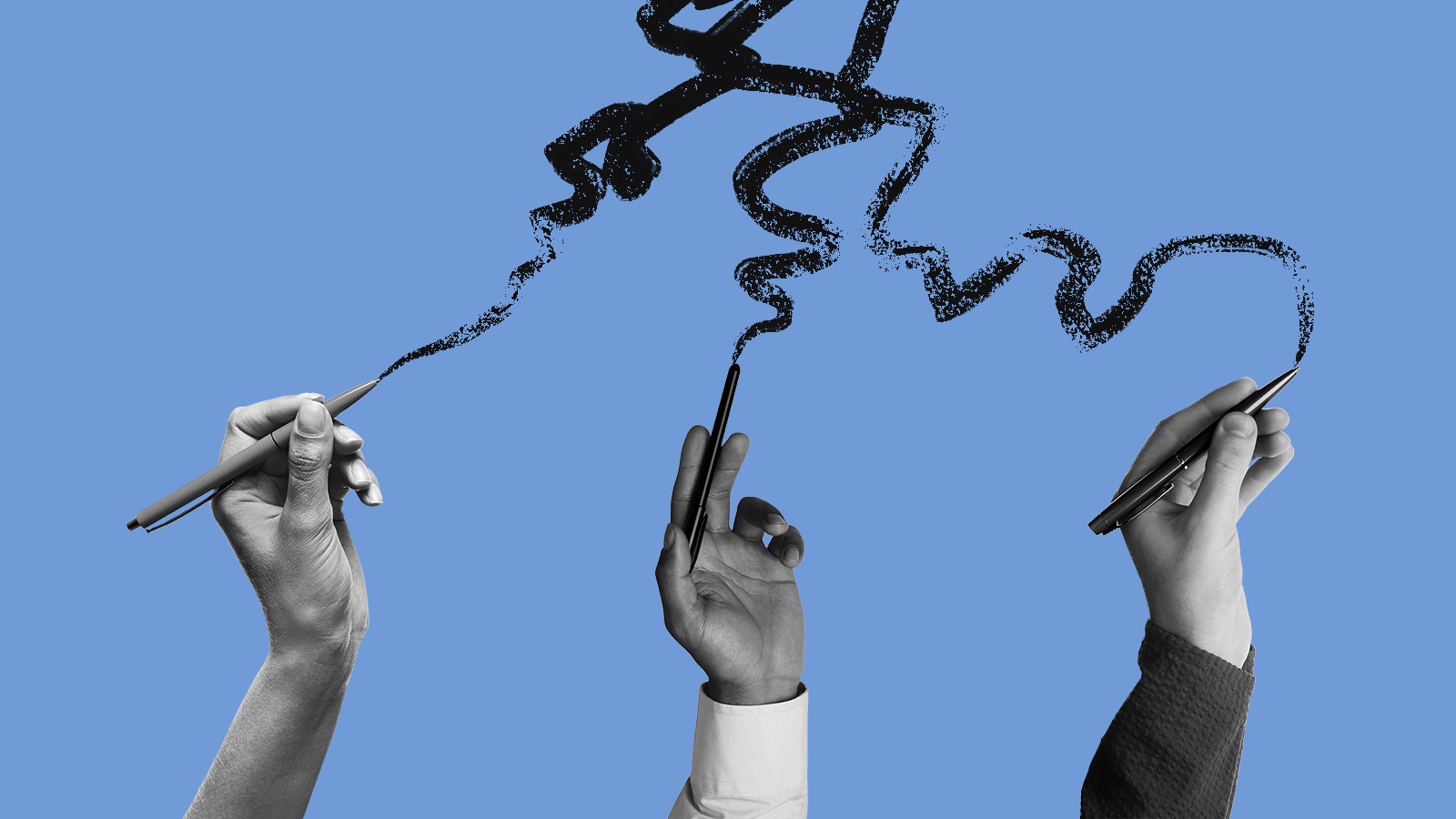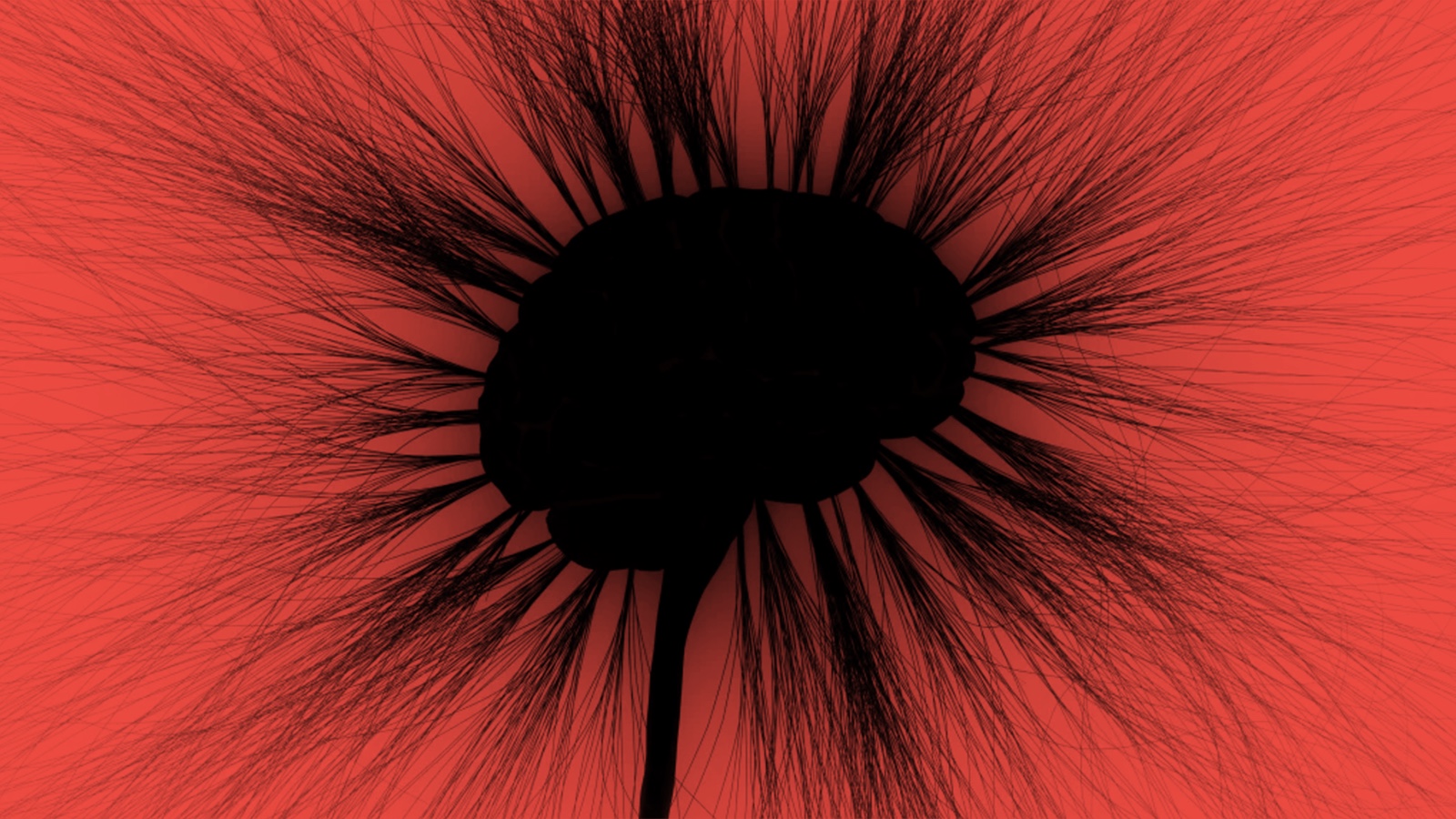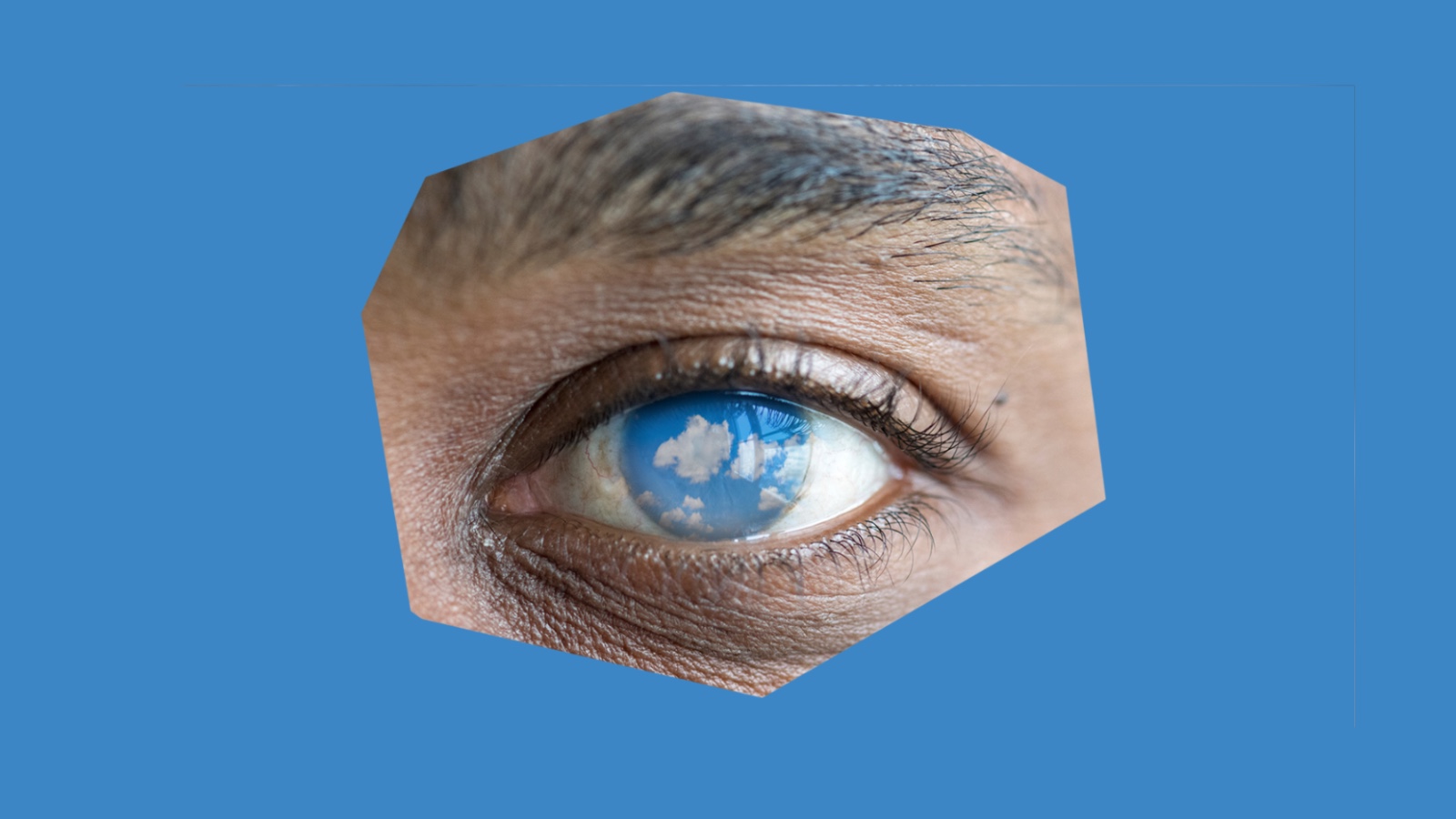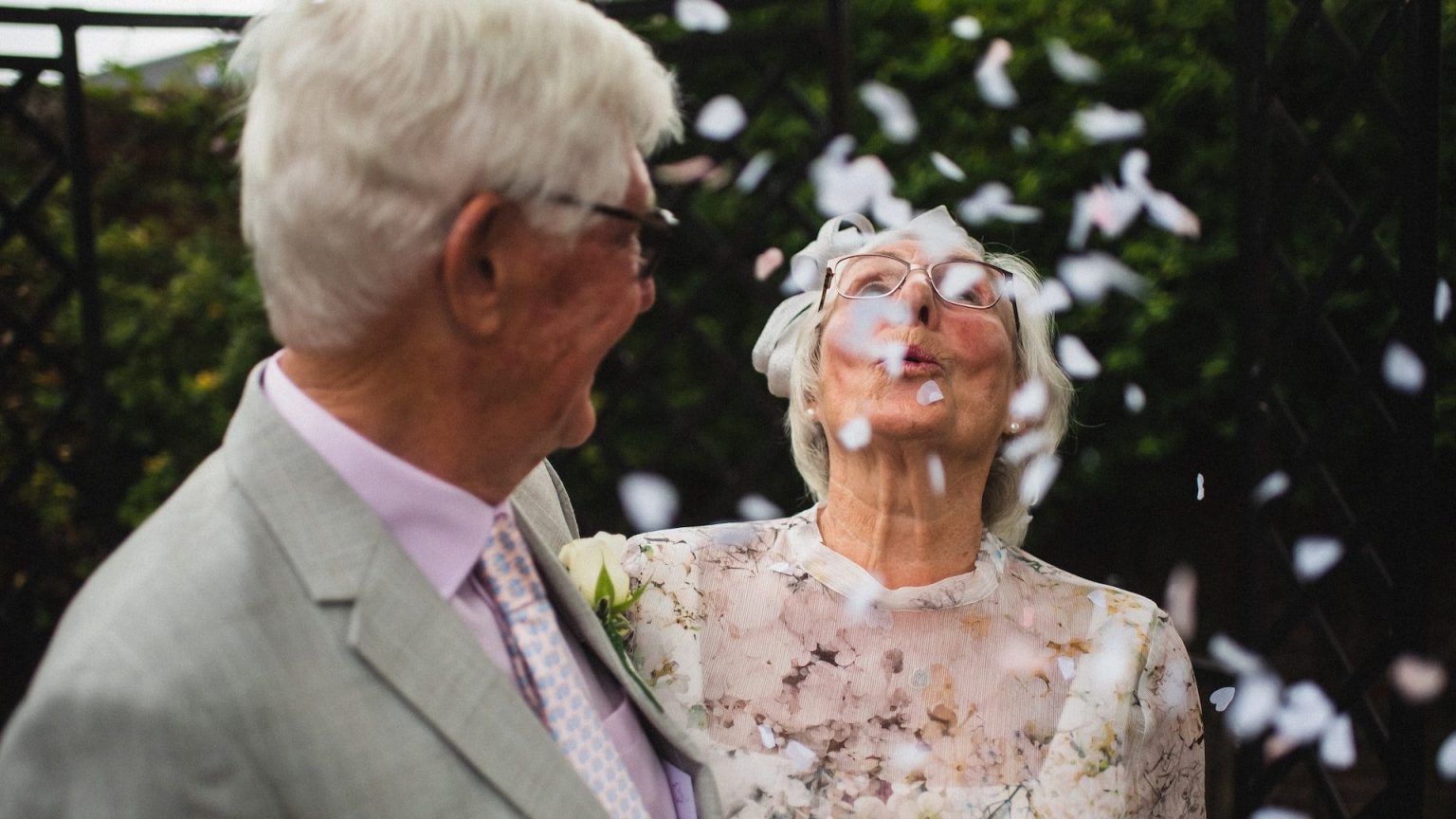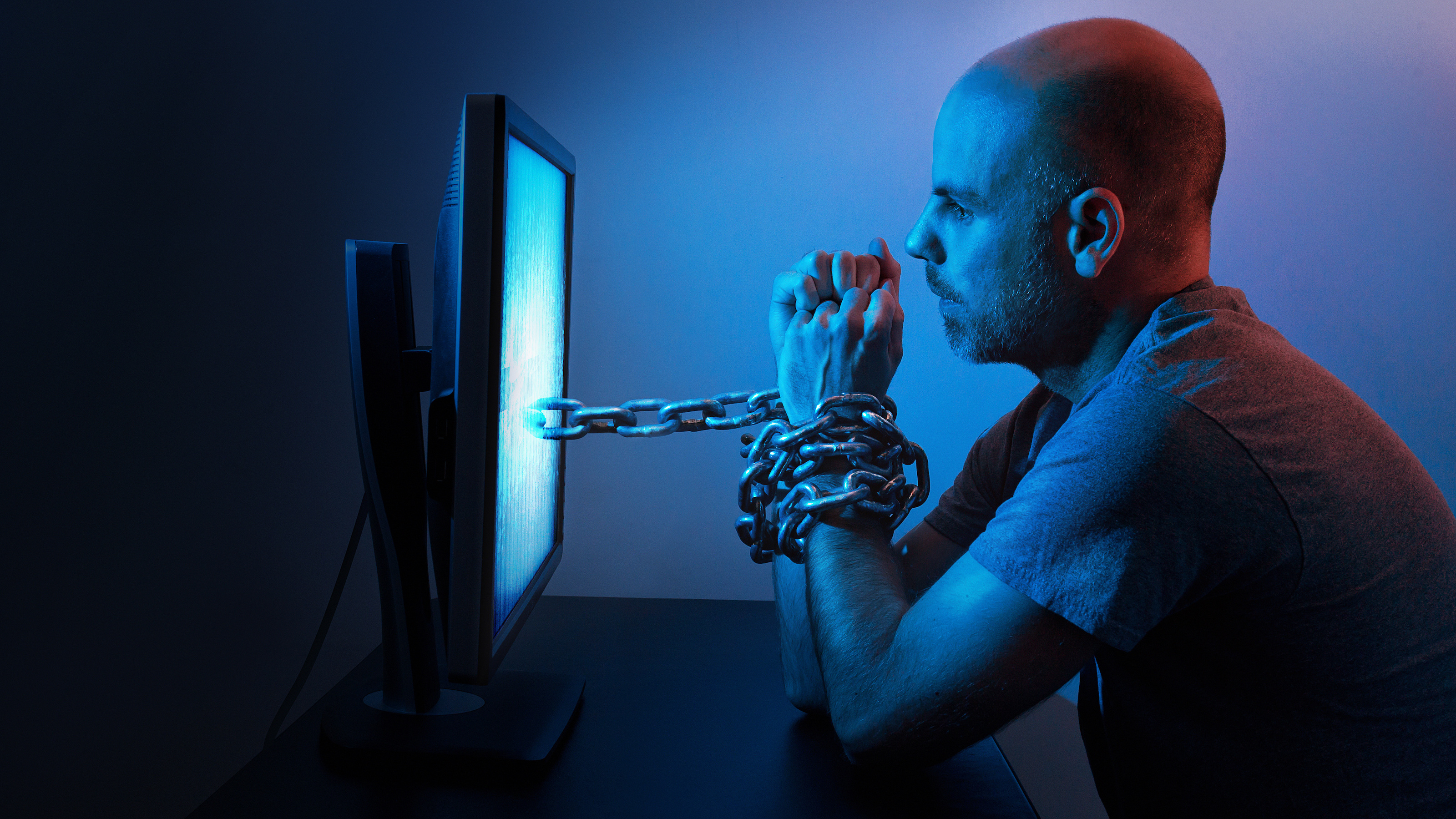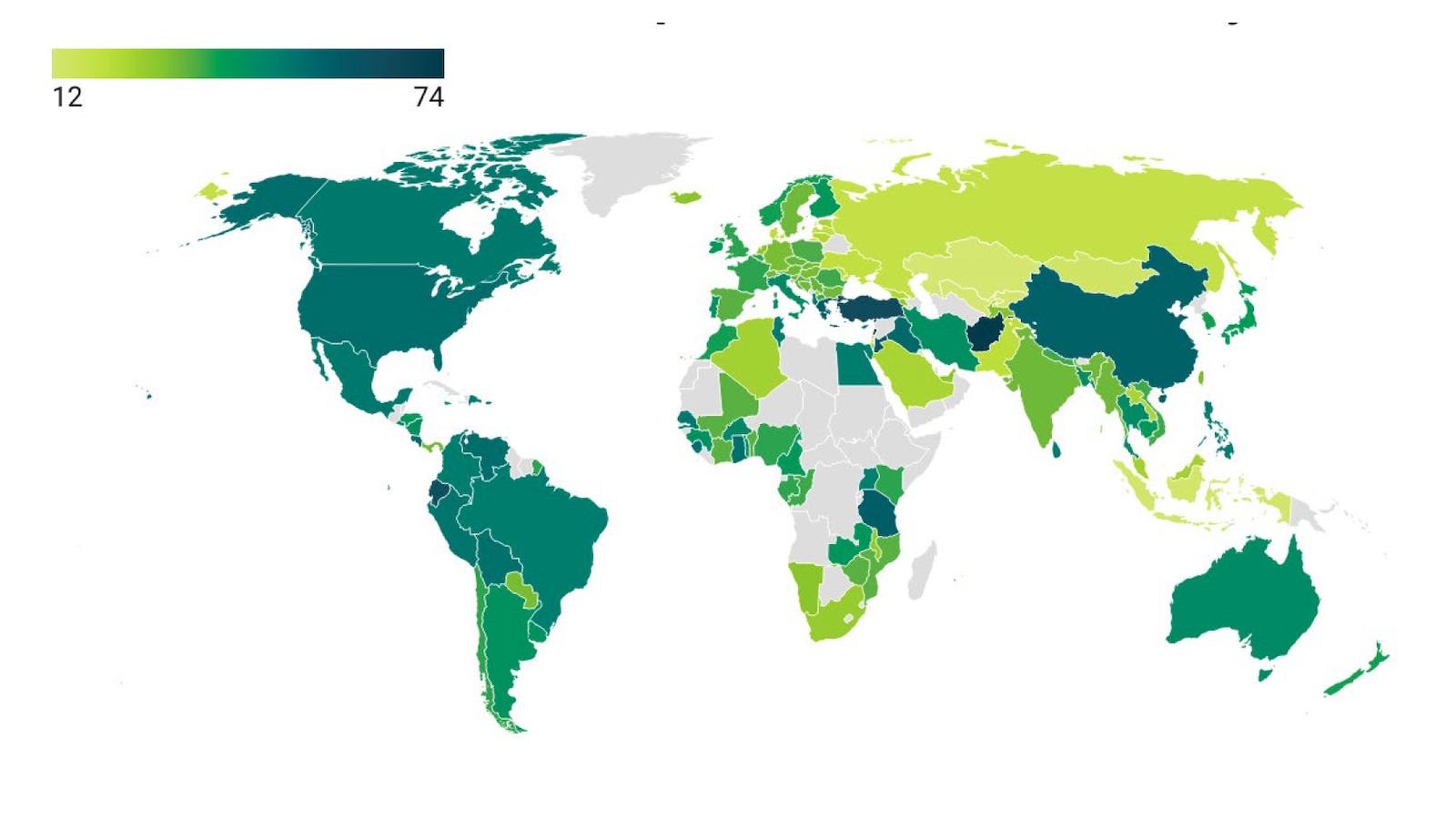mental health
They could also “turn off” their fear.
These were the stories you clicked on the most.
Fathers’ brains adjust their structure and function to parenthood.
“Kids are always asking two questions of parents: ‘Am I safe?’ and ‘Am I real?'”
Eyes with lower pigment (blue or grey eyes) don’t need to absorb as much light as brown or dark eyes before this information reaches the retinal cells. This might provide light-eyed people with some resilience to SAD.
Carl Jung was one such person.
Psychologists are finding that moral code violations can leave an enduring mark — and may require new types of therapy.
The larger truth on the streets is that no one uses just one drug anymore.
“Downward counterfactual thinking” — that is, imagining how things could be worse — is a quick and easy way to boost your well-being and gratitude.
Metabolism and mitochondrial functioning seem to have far more to do with mental health than many people might expect.
Mindfulness, detachment, selecting off-time activities with care: Here are evidence-based strategies to achieve healthy work-life balance.
Brown noise, the better-known white noise, and even pink noise are all sonic hues.
When your passion becomes your day job, sometimes the day job becomes a chore.
Contrary to popular research, people with more money are happier, but it’s their spending habits, not their account balances, that move the dial.
A long-maligned treatment outperforms the trendy one.
Antidepressants can help alleviate PTSD symptoms when paired with psychotherapy, but does our overenthusiasm for them blind us to more effective alternatives?
When other treatments fail, this radical surgery could help.
How many tins of beans make a stockpile, and when does a basement become a bunker?
Does donating relieve that anxiety? Or make it worse?
The same brain differences that contribute to left-handedness also contribute to psychotic disorders. But there’s a bright side.
Negative feedback ignites the primal (“fight or flight”) and emotional (“do they hate me?”) parts of our brain first.
The findings of a recent study may help explain why some people are quicker to forget fearful memories.
People think that unhappiness causes our minds to wander, but what if the causation goes the other way?
The idea that we’re happier at the beginning and end of our lives is really just a comforting myth.
A key question is how to keep that relief going without relying solely on repeated ketamine infusions.
Expressing gratitude encourages others to continue being generous, promoting a cycle of goodness.
Talking to yourself seems to yield real benefits, from boosts in cognitive performance to improved emotional regulation.
Instead of liberation, the sexual revolution has led some people, particularly men, to be addicted to porn.
If you want to escape the negativity, head to Kazakhstan.



